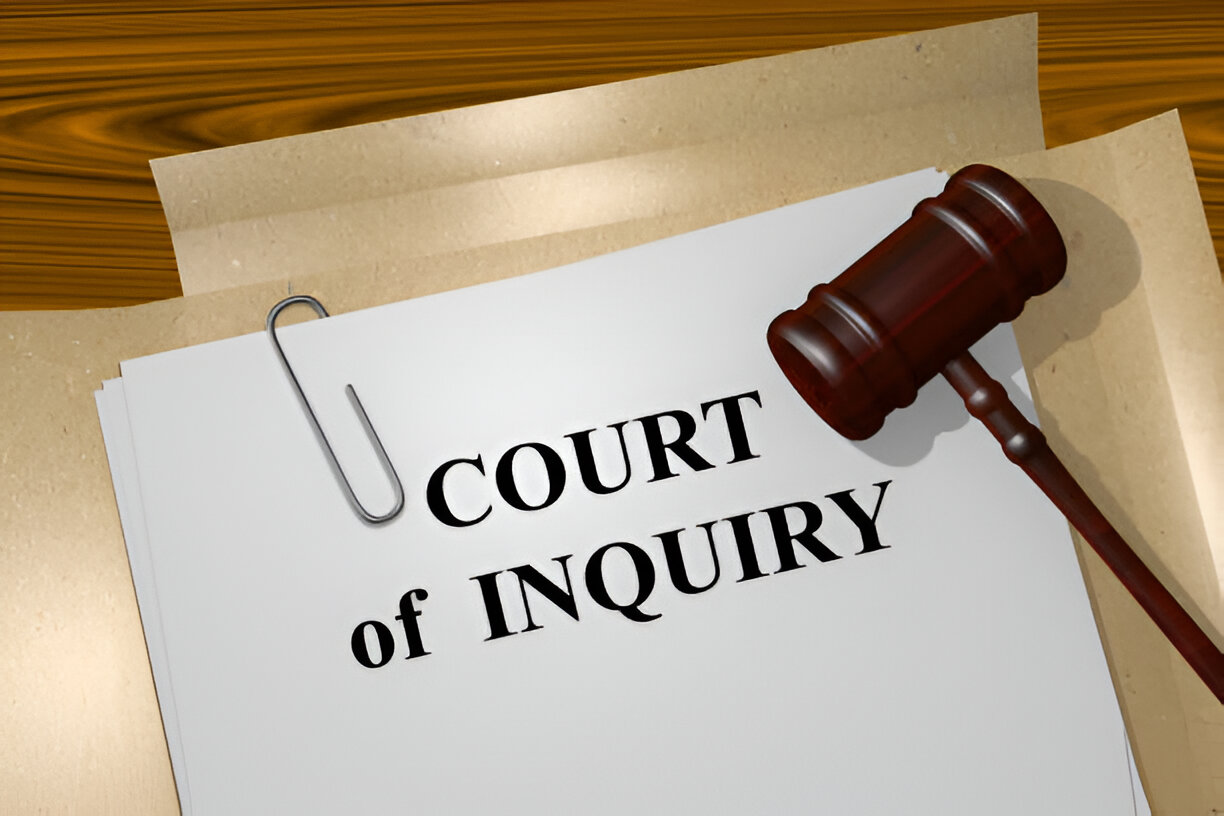Under the Canadian Criminal Code, when a matter goes to trial, there are several stages that it goes through, including a preliminary inquiry. Though not as well-known as trials, preliminary inquiries can play a pivotal role in building a defense and shaping case outcomes.
It is essential to understand how running a preliminary hearing may affect you, which is why it is important you have all the requisite information before making such a significant decision.
What is a Preliminary Inquiry?
A preliminary inquiry is a hearing before a judge in provincial court. The goal is not to determine guilt or innocence, but rather to decide whether there is enough evidence to commit the accused to stand trial in a higher court (usually the Court of King’s Bench).
This process can be strategically valuable, especially in serious indictable matters, where the stakes are high and preparation is key.
When Can You Request a Preliminary Inquiry?
Not all charges qualify for a preliminary inquiry. A preliminary inquiry is only available if:
- The offence is indictable,
- The accused elects to be tried in the Court of King’s Bench; and
- The offence carries a maximum sentence of 14 years or more as per S. 353 of the Criminal Code.
What are the Strategic Advantages of a Preliminary Inquiry?
Experienced defence counsel often uses the preliminary inquiry as a strategic tool to gather information, challenge evidence, and prepare for trial.
Assessing the Strength of the Crown’s Case
Cross-examining key witnesses under oath provides early insight into how strong—or weak—the Crown’s evidence may be.
Preserving Witness Testimony
The transcript of witness testimony from the preliminary inquiry can later be used to impeach credibility at trial if a witness changes their story.
Identifying Charter Violations
The inquiry may reveal breaches of constitutional rights (e.g., unlawful search or detention), laying the groundwork for pre-trial motions to exclude evidence.
Encouraging Early Resolution
A weak showing by the Crown at this stage may lead to plea negotiations, reduced charges, or even a withdrawal of charges altogether.
Potential Benefits of Holding a Preliminary Inquiry
- Early Access to Evidence: Helps build a solid trial strategy.
- Cross-Examine Witnesses: Opportunity to poke holes in the prosecution’s case early on.
- Trial Preparation: Better understanding of what to expect at trial.
- Possible Case Resolution: May prompt resolution before trial if the evidence is weak.
Potential Drawbacks of Holding a Preliminary Inquiry
- Another hearing means more preparation and legal fees
- Allows the prosecution access to defence’s strategy.
- Full evidence may not yet be available at this stage.
- Witnesses may have to testify more than once, which can affect their performance and reliability.
Is a Preliminary Inquiry Right for Your Case?
Whether to pursue a preliminary inquiry depends on multiple factors: the seriousness of the charges, the nature of the evidence, and your overall trial strategy.
If you’re facing serious criminal charges in Canada, a preliminary inquiry can offer powerful strategic advantages. But it’s not always the right move. That’s why it’s crucial to work with experienced legal counsel who understands the nuances of the criminal justice process.
If you or someone you care about is facing serious charges, please reach out to Linh Pham’s Legal Team and we will guide you through the process and help you make informed decisions. Phone (306) 502-5987 for a FREE CONSULTATION.

